Notes:
The original code by Bradan Lane is written for Visual Studio + PlatformIO. However, while I have used these products, all of my published Arduino programs are written to be used with the 1.8.x IDE or the 2.x IDE to make it easier for the average Arduino programmer to duplicate.
The modifications to the original files eliminates the main.c source file and replaces it with a file named smoketest.ino which must be located underneath the \smoketest\ directory. The ZIP file attached will create the appropriate folder structure.
I utilized SparkFun's hardware board files:

And I used an Arduino UNO for the ISP programmer:
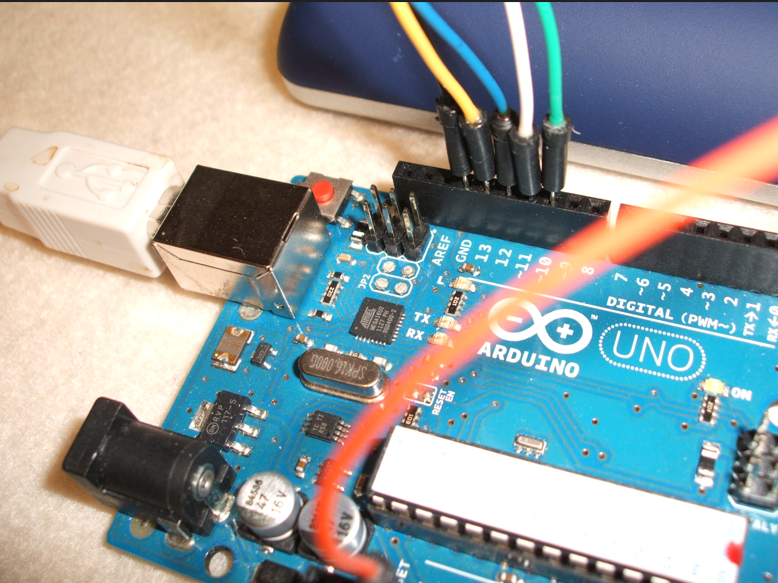
I am going to use this particular Smart Response XE for development, so I went ahead and made some internal modifications to the unit to bring out the ISP signaling:
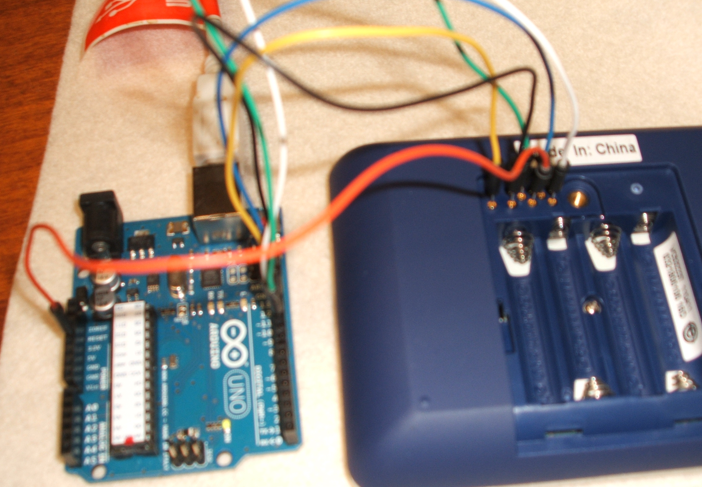
I have made a pogo-pin programming adapter, but it can sometimes be annoying when I try and align the pogo-pins, press and hold them inplace, and operate the PC mouse all at the same time. Dupont jumpers seem to the the overall best method of keeping myself from getting contorted.
The original main.c is:
#define SRXECORE_DEBUG
#include "smoketest.h"
int main() {
smoketest(true); // true means 'forever'
while (1) {}
return 0;
}
and my change made to create smoketest.ino shown below:
#define SRXECORE_DEBUG
#include "smoketest.h" // the main program and the includes for required libraries
void setup() {}
void loop() {
smoketest(true); // true means 'forever'
}
Under Arduino, the smoketest.ino will compile as:
"C:\\Users\\Ray\\AppData\\Local\\Temp\\arduino\\sketches\\C8E1D7FA820A951D43507479BEE6FFC7/Smoketest.ino.elf"
Sketch uses 14824 bytes (11%) of program storage space. Maximum is 126976 bytes.
Global variables use 1105 bytes (6%) of dynamic memory, leaving 15279 bytes for local variables. Maximum is 16384 bytes.
Note: Remember that you should select ArduinoIDE option: Sketch/Upload Using Programmer
 Ray Burne
Ray Burne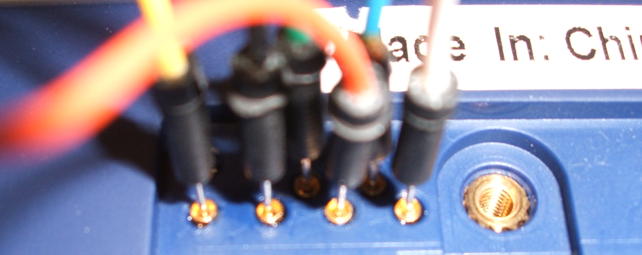
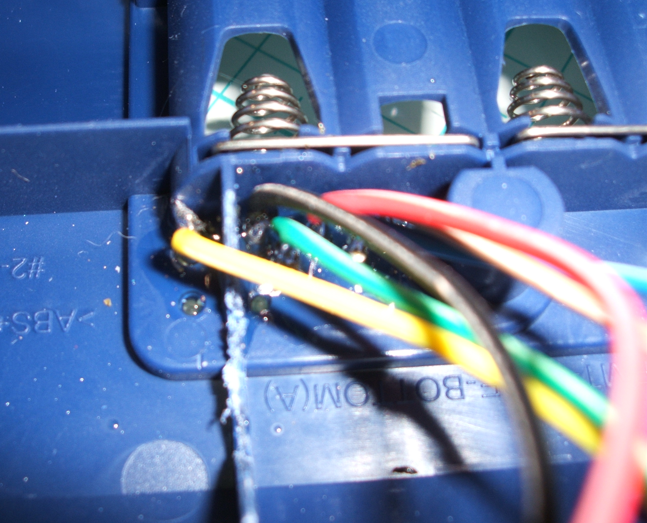
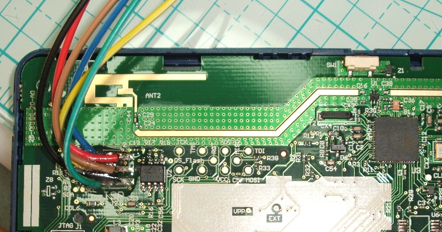
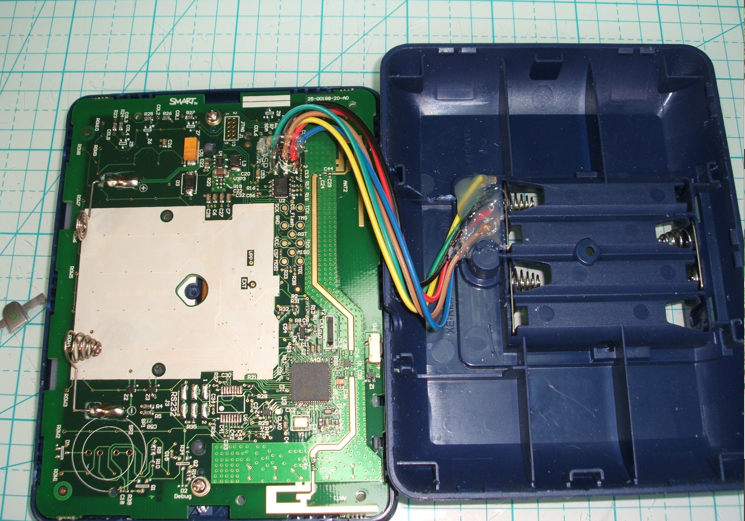


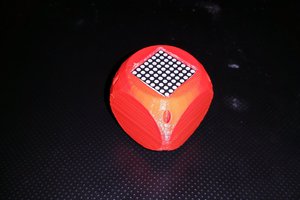
 Ford Sleeman
Ford Sleeman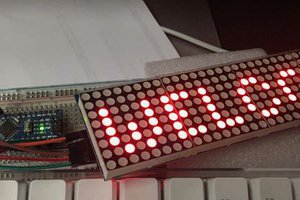
 Peter
Peter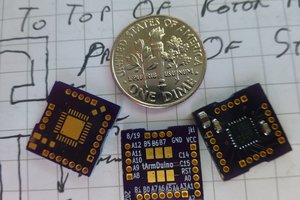
 doctek
doctek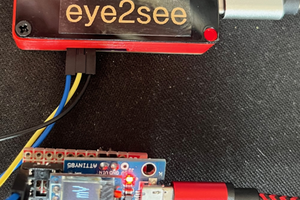
 Mark Henderson
Mark Henderson
My personal use of SDCC was to target 'C' to the TI CC2533 uC. As the Smart Response XE is an Atmel chip, GCC would be the desired compiler. However, I am aware of this post
https://hackaday.io/project/180910-smart-response-xe-linux
Looking at Alan's prebuilt ports of fuzix, looks like only the CISC chips are targeted:
https://www.fuzix.org
Ray